FOHO Blog – Global Housing & Living Guide for Foreigners
First Week in Seoul: A Newcomer's Guide
Your guide to the first week in Seoul. Get step-by-step advice on the airport, SIM cards, transit, and apps. Perfect for new expats and students.
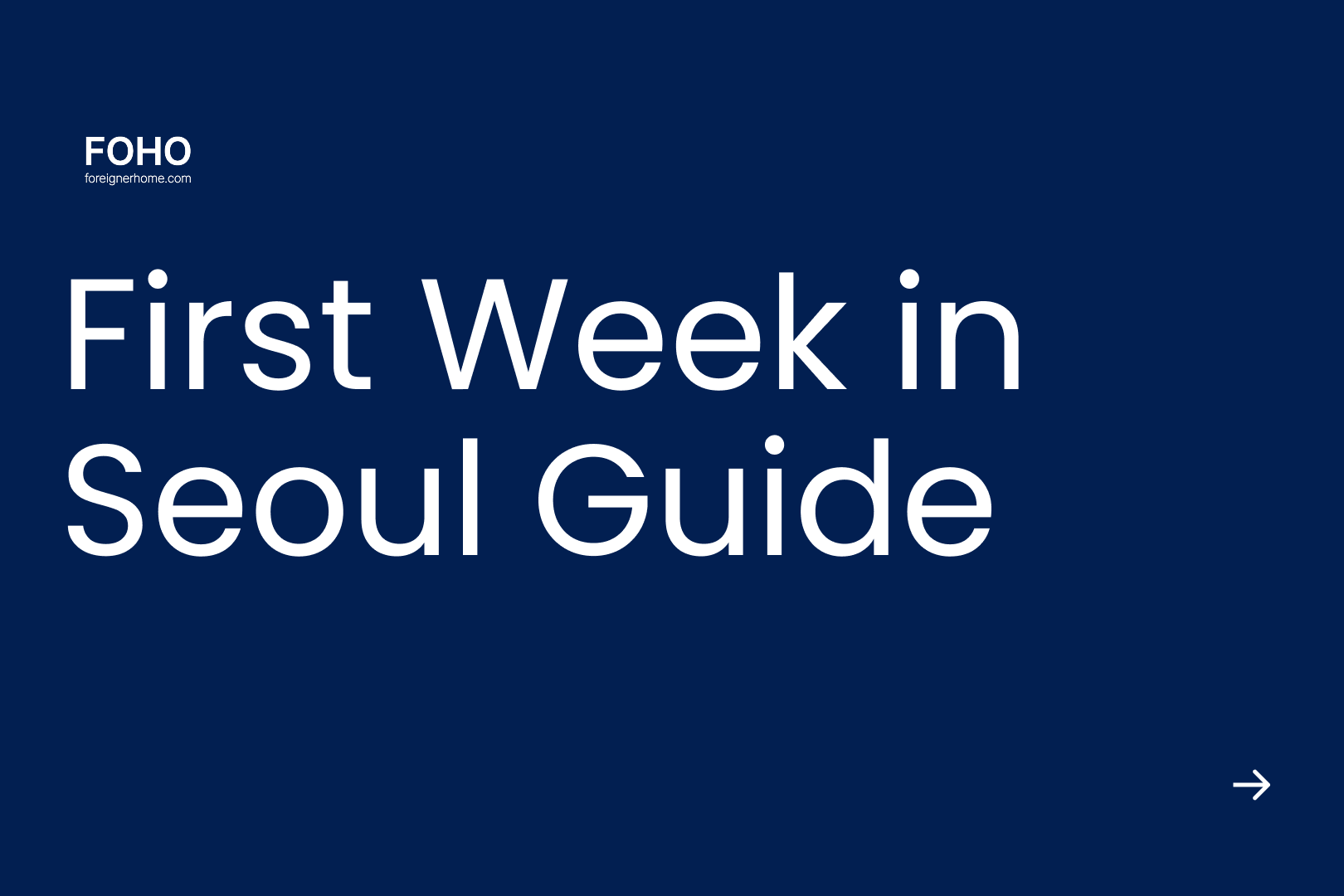
Table of contents
Your First Week in Seoul: The Ultimate Guide for Newcomers
Part 1: Landing at Incheon (ICN) – The First 3 Hours
Step 1: Clear Immigration and Customs
- Arrival Card: Required for foreign nationals without an Alien Registration Card (ARC). You will need the full address and phone number of your accommodation in Korea.
- Customs Declaration Form: One per family. Fill this out honestly.
- Health Declaration: This may be required. Check for an online option to complete it in advance.
Pro-Tip: Have your Korean address saved on your phone or written down. You will need it for the Arrival Card.
- Narcotics & Certain Medications: Drugs containing controlled substances (e.g., amphetamines, opioids) need prior written approval from the Korean Ministry of Food and Drug Safety.
- Food with Poppy Seeds: This is illegal and can lead to serious trouble.
- Fresh Produce & Animal Products: Most fresh fruits, vegetables, meat, and dairy are prohibited to prevent the spread of agricultural diseases.
Step 2: Get Connected, Get Cash, Get a Transit Card
- Physical SIM vs. eSIM: An eSIM is a digital profile you can download by scanning a QR code, often purchased online before your trip. This lets you skip the airport queues. A physical SIM is a chip you insert and may be better if you need in-person help or have an older phone.
- Where to Buy: The three major providers—SK Telecom, KT, and LG U+—have counters in the arrivals hall. You can also buy prepaid SIMs at convenience stores (GS25, CU) or from vending machines.
- Required Documents: You only need your passport to buy a prepaid SIM card.
- Where to Exchange: Banks like KB Bank, Woori Bank, and Hana Bank have exchange booths at the airport.
- Best Practice: Exchange only a small amount, like $50-$100 USD (₩70,000 - ₩140,000). Airport exchange rates are not the best.
- Using ATMs: Look for "Global ATMs" that accept foreign cards. Important: When asked, always choose to be charged in the local currency (KRW), not your home currency, to avoid high fees.
Feature | T-money Card | WOWPASS Card |
Primary Function | A dedicated transportation card. | A prepaid debit card for foreigners with a separate T-money function. |
Purchase Cost | ₩3,000 - ₩5,000 (card only). | ₩5,000 issuance fee. |
Where to Buy | Convenience stores (GS25, CU), subway station machines. | Dedicated orange kiosks at airports and major subway stations. |
How to Top Up | With KRW cash at convenience stores or subway machines. | Debit Balance: Load with foreign currency cash at a kiosk. T-money Balance: Must be topped up separately with KRW cash. |
Where It Works | Public transit, taxis, most convenience stores. | Debit Card: Anywhere that accepts cards. T-money: Public transit. |
Best For | Budget travelers focused on public transport. | Travelers wanting an all-in-one cashless solution for shopping and transit. |
Step 3: Choose Your Ride to Seoul
Transport | Est. Time to Central Seoul | Est. Cost (KRW) | Best For |
AREX Express Train | 43-51 min | ~₩9,500 | Speed, traveling to Seoul Station. |
AREX All-Stop Train | 59-66 min | ~₩4,750 | Budget, destinations on the airport line (e.g., Hongdae). |
Airport Bus | 60-80+ min | ₩5,000 - ₩15,000 | Heavy luggage, direct routes to specific neighborhoods. |
Taxi | 50-70+ min | ₩47,000 - ₩52,000+ | Convenience, direct door-to-door service. |
Private Van | 50-70+ min | $100+ USD | Large groups or families with lots of luggage. |
Part 2: Your First 72 Hours in Seoul
Chapter 4: Mastering Korean Map Apps
- Real-time Transit Info: Tells you exactly when your bus or subway will arrive.
- Comprehensive Search: Find restaurants, cafes, and pharmacies with user reviews, photos, and menus.
- How to Use: Download "NAVER Map" and set the language to English. Search for places in English or, for best results, copy and paste the Korean name.
Chapter 5: Your First Grocery Run
- Bottled water
- A simple meal like a gimbap (rice roll)
- A T-money card (if you still need one)
- Look for "1+1" (buy one, get one free) or "2+1" deals to save money.
- Your First Shopping List: Rice (look for single-serving
hetbahnbowls), eggs, kimchi, ramyeon (instant noodles), and frozen mandu (dumplings).
- Important: You must buy special, district-specific trash bags (
jongnyangje bongtu) for your general waste. You can find them at any hypermarket or convenience store.
Chapter 6: A Guide to Food Delivery
App | English UI? | Accepts Foreign Cards? | ARC Required? | Key Pro / Con for Newcomers |
Shuttle | Yes | Yes (and PayPal) | No | Pro: Designed for foreigners, zero stress. Con: Limited service area. |
Baemin | No | Yes | No | Pro: Korea's largest selection. Con: Korean-only UI; requires a translation app. |
Coupang Eats | Yes | Yes | Sometimes | Pro: Easy-to-use English UI. Con: May ask for local verification. |
Yogiyo | No | Limited | Yes | Not recommended for new arrivals due to verification hurdles. |
Part 3: Settling In During Your First Week
Chapter 7: The Golden Key: The Alien Registration Card (ARC)
- Banking: To open a full bank account.
- Phone Plan: To get a cheaper, long-term (postpaid) phone plan.
- Online Services: To verify your identity on Korean websites and apps.
- Healthcare: To enroll in the National Health Insurance program.
Chapter 8: Shopping Beyond Groceries
- Daiso: An essential store for budget-friendly household goods. You can find everything from kitchenware to stationery for ₩1,000 - ₩5,000.
- Olive Young: Korea's top health and beauty store. A great place to explore K-beauty products like sunscreen and sheet masks.
- Gmarket Global: An e-commerce site in English that accepts foreign credit cards and PayPal. It's perfect for shopping online before you have a Korean bank account.
Chapter 9: Essential Etiquette and Daily Rules
- General Waste: Must go in the special, pre-paid bags (
jongnyangje bongtu) for your district.
- Recycling: Separate paper, plastics, glass, and cans into clear bags or designated bins.
- Food Waste: Must be separated into special food waste bags or bins.
- Let people exit before you board.
- Do not sit in the priority seats (for the elderly, disabled, and pregnant women).
- Keep your voice down. Avoid loud phone calls.
- Stand on the right side of escalators.
gamsahamnida) is the correct way to show appreciation.Settle in Sooner. Feel at Home.
Sources:
Settle in faster with FOHO
Browse more verified listings and message landlords in minutes. Lock in your lease with FOHO's secure payments.
Get Foreigner-Friendly Housing Tips
Get the latest news delivered to your inbox.
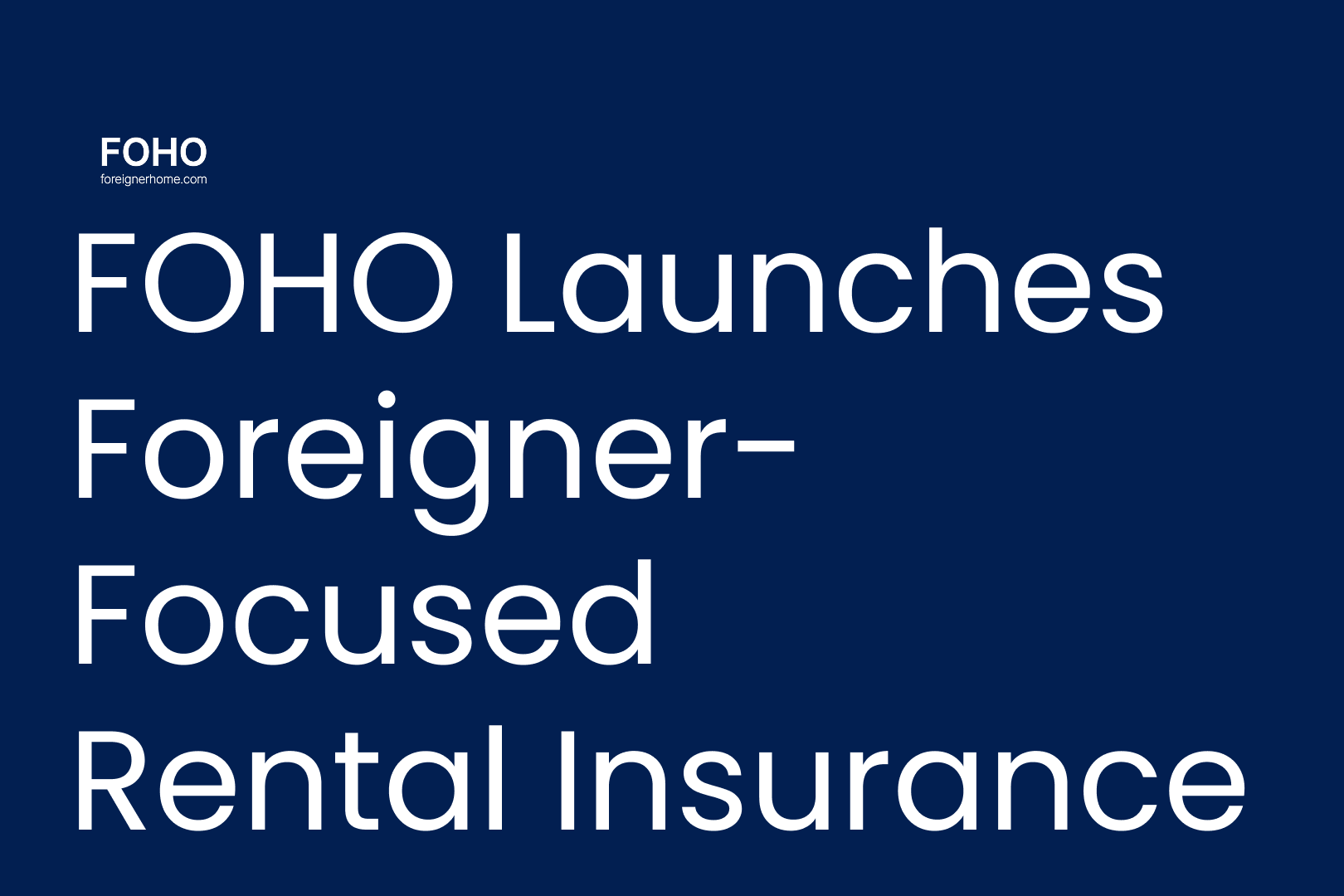
Nov 4, 2025
FOHO Launches Foreigner-Focused Rental Insurance
FOHO’s deposit insurance protects foreign tenants in Korea from landlord defaults. Stay safe with clear coverage and fast claims.
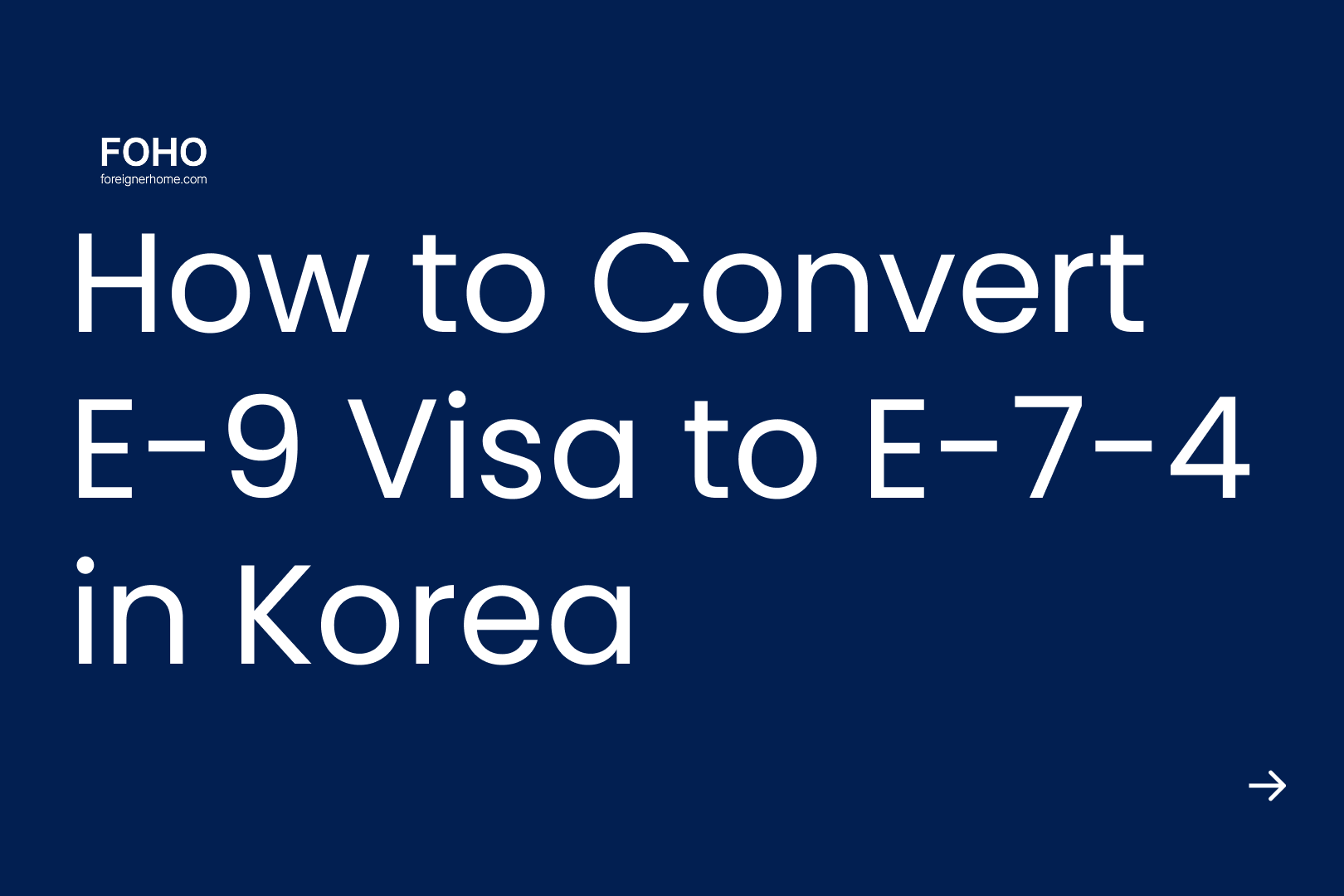
Oct 31, 2025
How to Convert E-9 Visa to E-7-4 in Korea
A guide for Vietnamese & Chinese E-9 workers in Korea. Learn the E-7-4 visa points system, F-2 requirements, and compare GME vs. Sentbe for remittance.
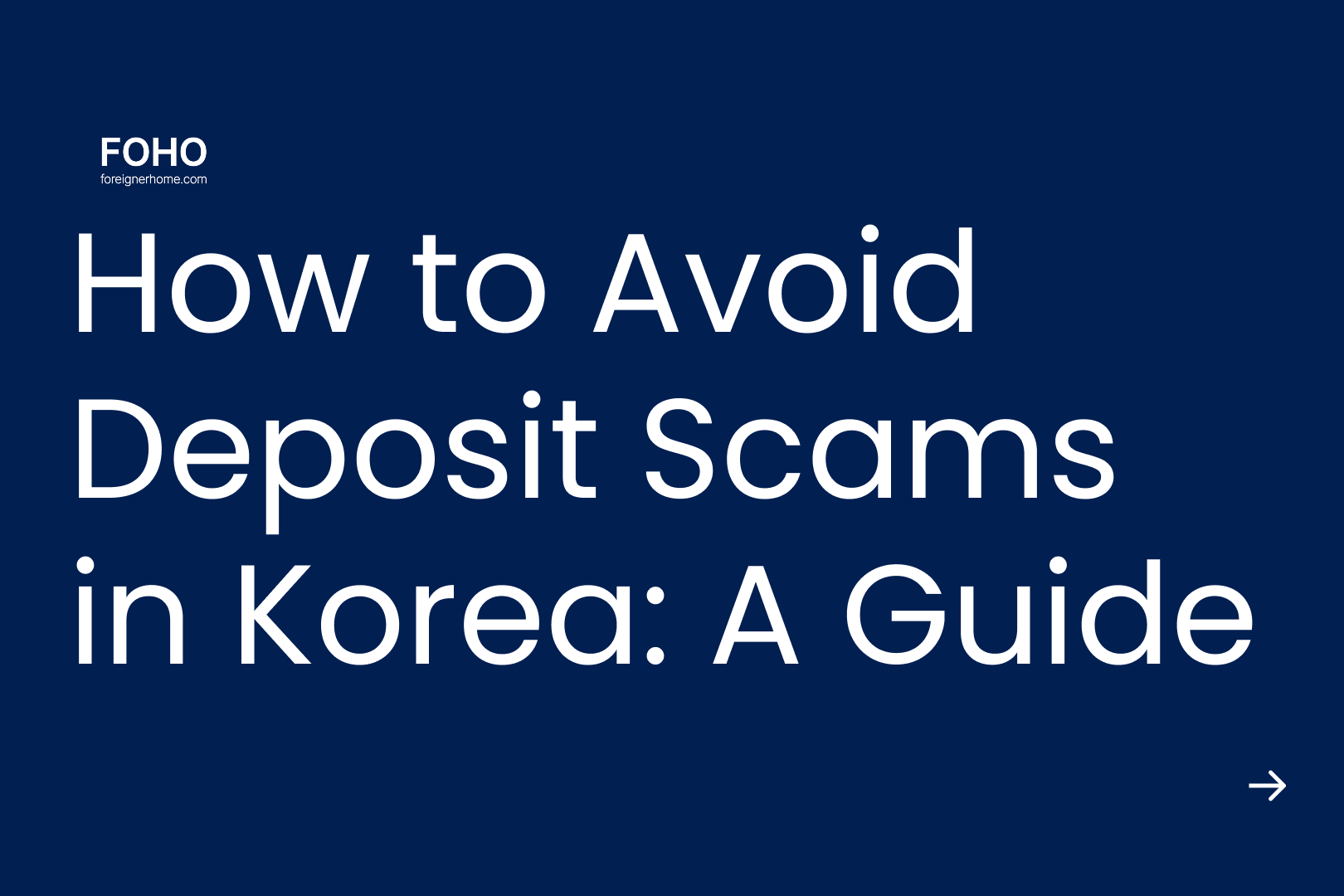
Oct 30, 2025
How to Avoid Deposit Scams in Korea: A Guide
Avoid deposit scams in Korea with our step-by-step guide. Learn to check property debt, understand the 'Deung-gibu,' and secure your deposit.
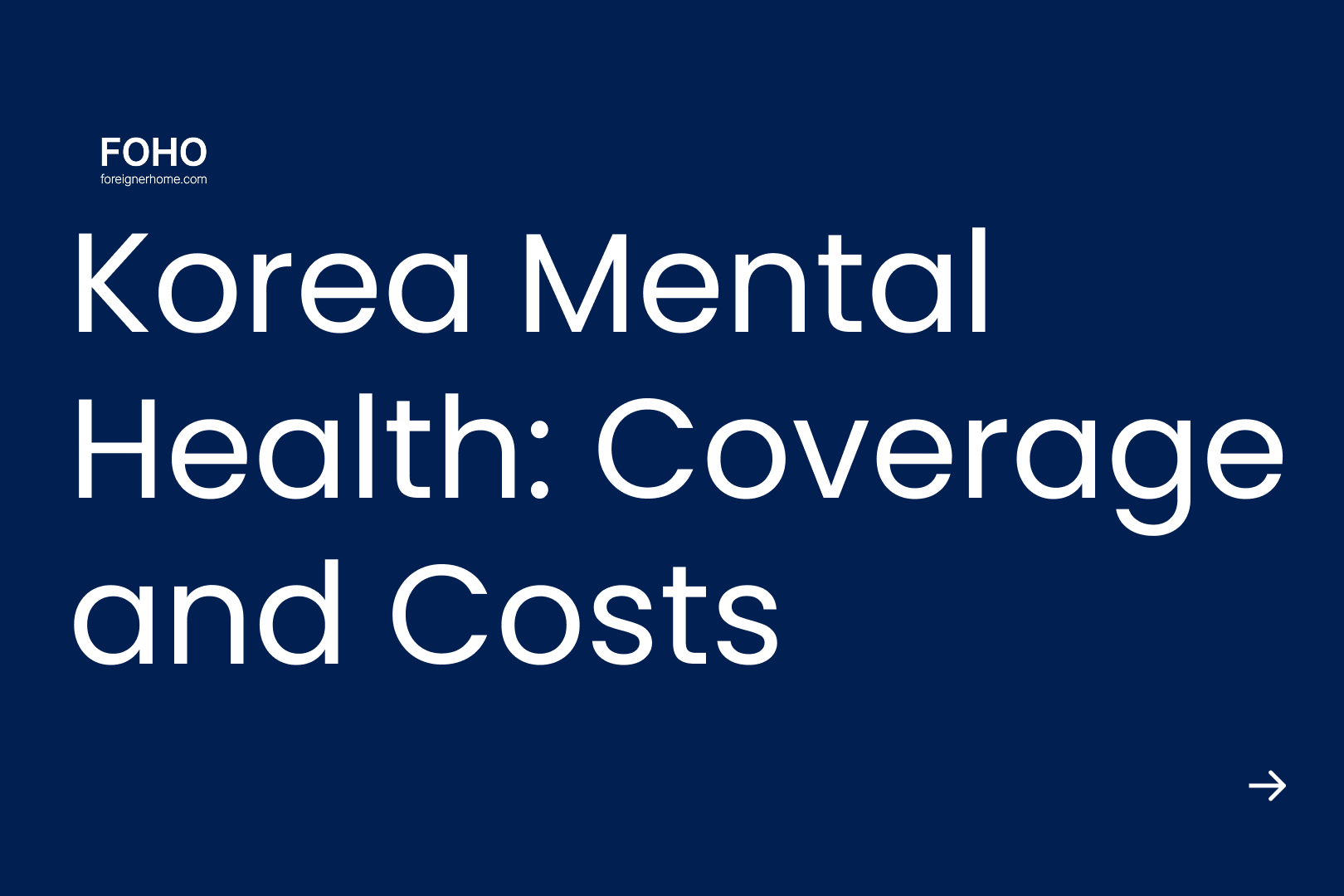
Oct 29, 2025
Korea Mental Health: NHIS Coverage and Costs
Get help with mental health in Korea. This guide for foreigners explains how to use NHIS, find low-cost options, and get medication prescriptions locally.
Subscribe to the FOHO newsletter
Actionable housing insights in your inbox.